Tequila 101: What You Need To Know
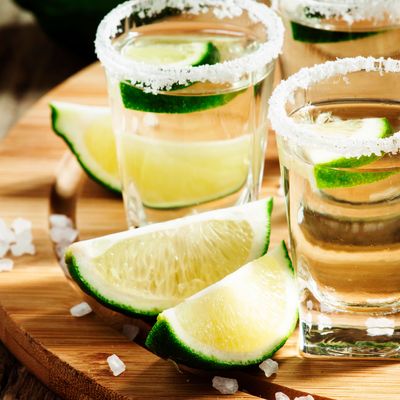
Tequila is a popular spirit that has gained worldwide recognition for its unique flavor and cultural significance. Produced primarily in Mexico, tequila is made from the blue agave plant, which gives it its distinct taste. It is important to note that there are different types of tequila, including Blanco, Reposado, and Añejo, each with its own aging process and flavor profile. Furthermore, while there are many myths surrounding tequila, it is essential to understand that all alcoholic beverages, including tequila, are depressants and not “uppers” as commonly believed.
The Origin And Production Process Of Tequila
Tequila has a long and rich history that dates back to ancient times. It originated in Mexico, specifically in the state of Jalisco, where the blue agave plant thrives. The production process of tequila begins with the harvesting of the agave plants, which can take several years to mature. The plants are then cooked, typically in a traditional brick oven or autoclave, to convert the starches into sugars. The cooked agave is then crushed and the juice is extracted, fermented, and eventually distilled to create the final tequila product. This meticulous process ensures the distinct flavor and quality of tequila that we enjoy today.
Types Of Tequila And Aging Process
Tequila comes in various types and flavors, each offering a unique taste profile. The main types of tequila include Blanco (silver), Reposado (rested), Añejo (aged), and Extra Añejo (extra aged). Blanco tequila is typically unaged and known for its crisp and fresh flavor. Reposado tequila is aged for a minimum of two months, which adds a hint of oak and smoothness. Añejo tequila is aged for at least one year, acquiring deeper flavors and a richer character. Extra Añejo tequila is aged for a minimum of three years, resulting in a complex and sophisticated taste. The aging process of tequila greatly influences its flavor and aroma, making each type a distinct experience for tequila enthusiasts.
Is Tequila An Upper Or A Downer?

Tequila is often associated with a lively and energetic atmosphere, leading some to believe that it is an “upper” rather than a “downer” like other alcoholic beverages. However, this is just a myth. In reality, all types of alcohol, including tequila, act as depressants. They slow down the central nervous system, causing a decrease in brain activity and leading to feelings of relaxation and sedation. So, while tequila may create a festive and vibrant atmosphere, it still has the same depressant effects as any other alcoholic drink.
Alcohol Content In Tequila And Its Effects
Tequila typically has an alcohol content of around 40% to 50% ABV (alcohol by volume). The high alcohol content in tequila can have various effects on the body. When consumed in moderation, the alcohol in tequila can produce feelings of relaxation and sociability. However, excessive consumption can lead to intoxication, impaired judgment, and negative health effects. It is important to drink tequila responsibly and in moderation to avoid any adverse effects. Remember to always drink responsibly and know your limits.
Debunking The Myth Of Tequila As An Upper
Despite popular belief, tequila is not actually an upper. This is a common misconception that stems from the association of tequila with partying and lively social gatherings. The truth is, tequila is an alcoholic beverage like any other, and its effects are a result of the alcohol content. The high alcohol content in tequila can lead to feelings of relaxation and sociability when consumed in moderation. However, excessive consumption can result in intoxication and impaired judgment. It is important to dispel the myth that tequila is an upper and to approach its consumption with responsibility and moderation.
Tequila Vs. Other Alcoholic Beverages
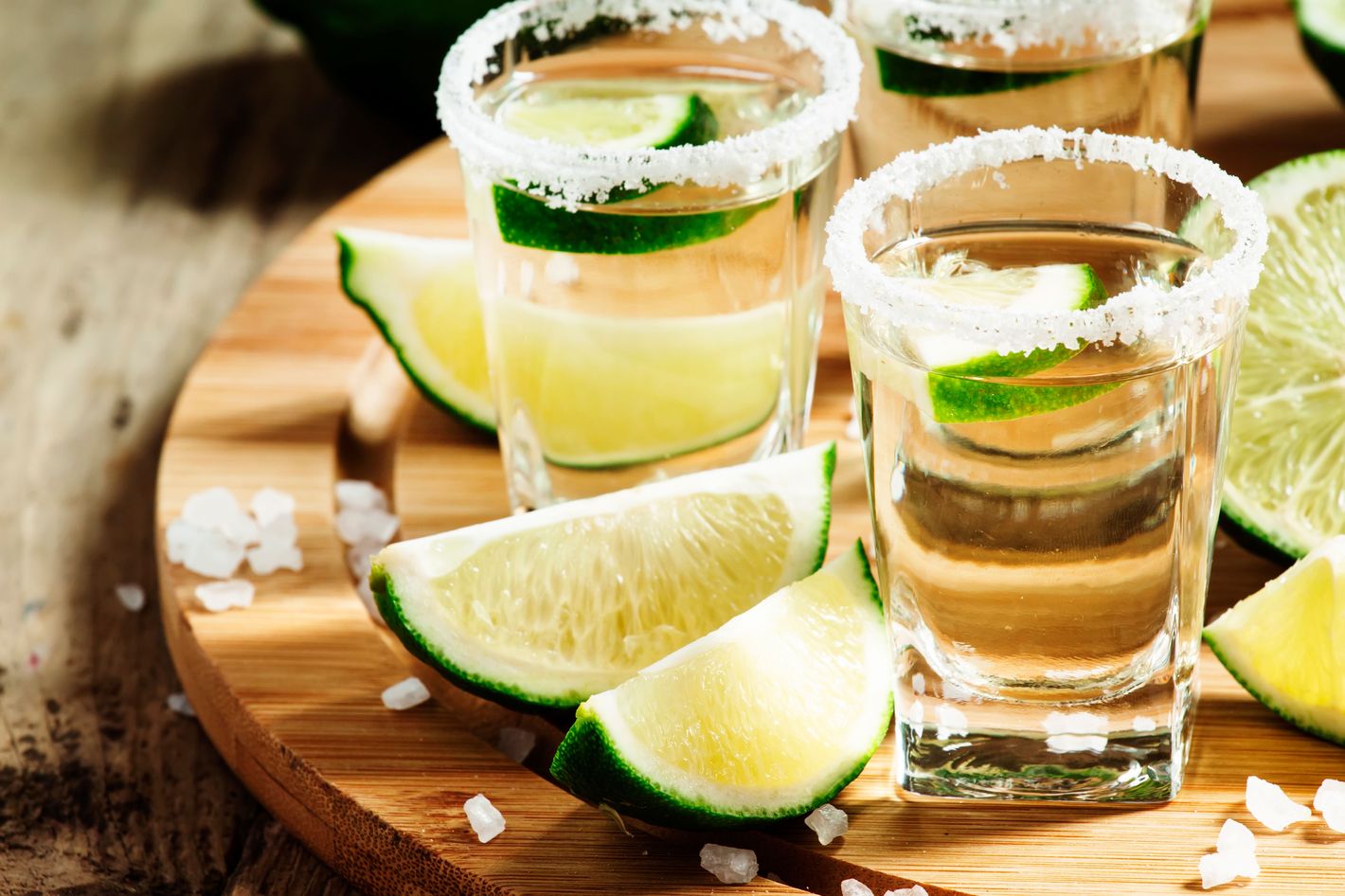
When comparing tequila to other alcoholic beverages, there are some key differences to consider. Tequila is made specifically from the blue agave plant, while other spirits like vodka, whiskey, and rum can be made from a variety of ingredients. Tequila also has a distinct flavor profile, with notes of earthiness and citrus, compared to the smoky or sweet flavors found in other spirits. Additionally, tequila is often lower in alcohol content than some other liquors, making it a popular choice for those who prefer a milder taste. Overall, tequila offers a unique drinking experience that sets it apart from other alcoholic beverages.
Comparing Tequila To Vodka, Whiskey, And Rum
Tequila stands out among other alcoholic beverages like vodka, whiskey, and rum due to its unique characteristics. While vodka is known for its neutrality and versatility, tequila offers a distinct flavor profile with earthy and citrus notes. Whiskey brings a smoky and rich taste, while rum offers a sweetness. In terms of production, tequila is made from the blue agave plant, whereas vodka, whiskey, and rum can be made from various ingredients. Tequila also tends to have a lower alcohol content compared to some other liquors. Overall, tequila provides a one-of-a-kind drinking experience.
How Tequila’s Ingredients Impact Its Effects
The ingredients used in tequila production play a significant role in its overall effects. The main ingredient, blue agave, contributes to the distinct flavor profile and the potential health benefits associated with tequila. Agave sugars are considered to have a lower glycemic index, which means they have a slower impact on blood sugar levels compared to other sweeteners. This can lead to a more stable and sustained release of energy. Additionally, the fermentation process of tequila converts sugars into alcohol, affecting the overall potency and intoxicating effects of the beverage. Therefore, the choice of agave and the fermentation process can influence how tequila affects individuals.
Health Benefits And Risks Of Tequila Consumption
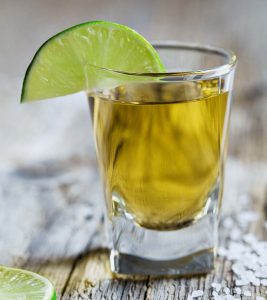
Tequila, like any alcoholic beverage, comes with both potential health benefits and risks. In moderation, tequila may offer some health benefits, such as potentially reducing the risk of osteoporosis and promoting healthy digestion. Additionally, tequila made from 100% blue agave may contain certain compounds that have antioxidant properties. However, it’s important to note that excessive consumption of tequila can have negative effects on health, including liver damage, increased risk of alcohol dependency, and impaired cognitive function. Therefore, it is crucial to enjoy tequila responsibly and in moderation.
Potential Health Benefits Of Tequila Moderation
In moderation, tequila consumption may offer some potential health benefits. One such benefit is the potential to reduce the risk of osteoporosis. Tequila made from 100% blue agave contains substances called agavins, which may stimulate the production of new bone cells. Additionally, the agavins in tequila have been found to promote healthy digestion by acting as prebiotics and encouraging the growth of beneficial gut bacteria. However, it’s important to note that these health benefits are only associated with moderate consumption, and excessive drinking can have detrimental effects on health. Therefore, it is crucial to enjoy tequila responsibly and in moderation.
Risks And Side Effects Of Excessive Tequila Consumption
Excessive tequila consumption can have several risks and side effects. Firstly, it can lead to alcohol poisoning, which can be life-threatening. Heavy drinking can also increase the risk of liver damage, including alcoholic hepatitis and cirrhosis. Additionally, excessive alcohol intake can impair judgment, coordination, and decision-making abilities, increasing the risk of accidents and injuries. Chronic heavy drinking can also contribute to mental health issues such as depression and anxiety. It’s important to remember that moderation is key and to drink responsibly to avoid these potential risks and side effects.
Cocktail Culture: Tequila Mixology
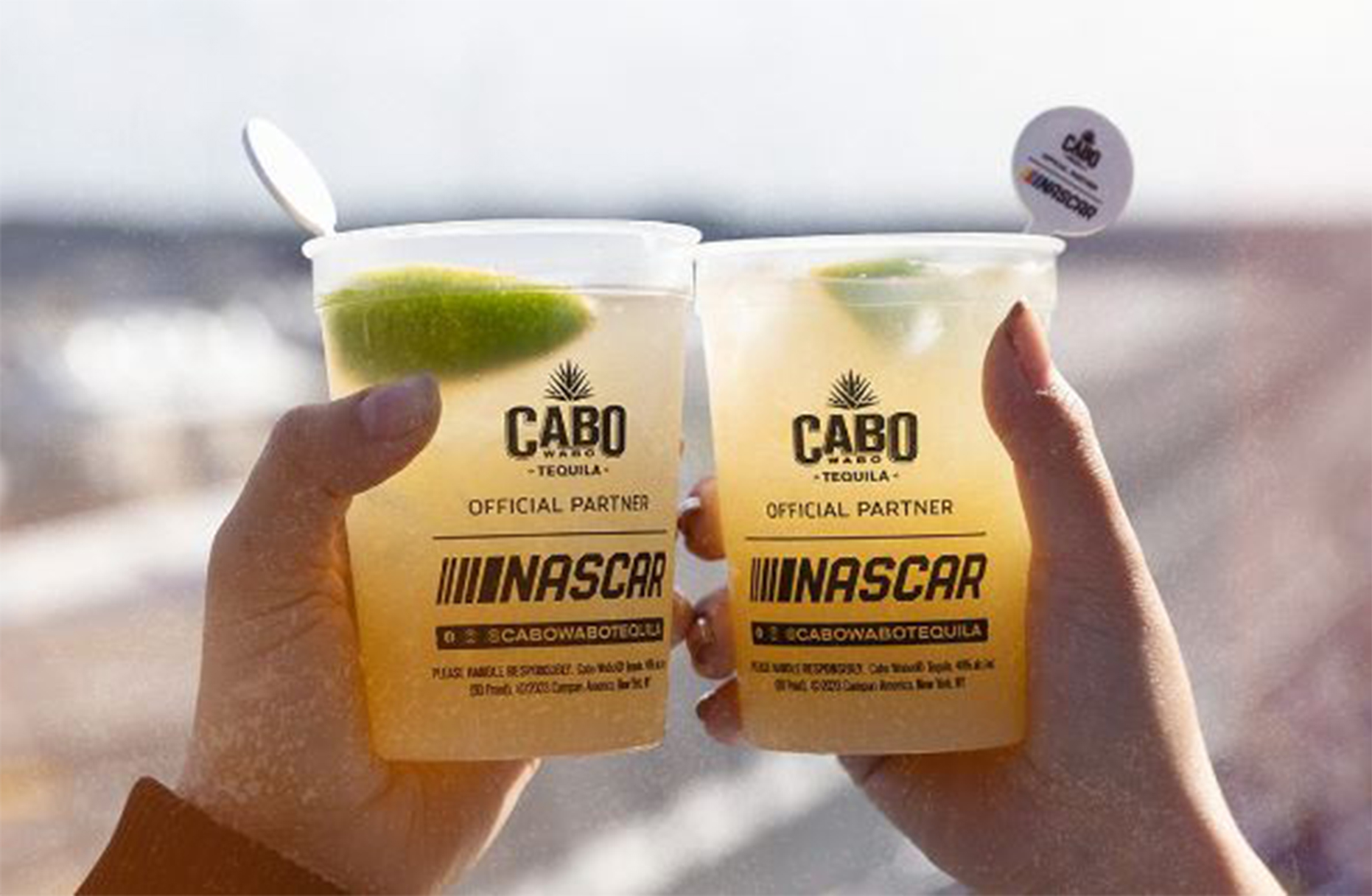
Cocktail culture embraces the versatility of tequila, leading to a wide range of creative and delicious concoctions. Tequila mixology offers endless possibilities for cocktail enthusiasts to explore. From classic margaritas to innovative creations, tequila can be the star ingredient in a variety of drinks. Its unique flavor profile blends well with citrus, tropical fruits, and spicy elements, allowing mixologists to craft exciting combinations. Whether you prefer a refreshing Paloma, a smoky Mezcal Mule, or a fruity Tequila Sunrise, tequila mixology provides an opportunity to elevate your drinking experience. Cheers to the art of tequila cocktails!
Classic Tequila Cocktails And Recipes
There are numerous classic tequila cocktails that have stood the test of time in the world of mixology. One of the most famous is the Margarita, a refreshing blend of tequila, lime juice, and orange liqueur, typically served in a salt-rimmed glass. Another popular choice is the Tequila Sunrise, which combines tequila, orange juice, and grenadine for a visually stunning and delicious drink. For those who prefer a bit of heat, the Spicy Paloma is a perfect choice, mixing tequila, grapefruit juice, lime juice, and a touch of jalapeño for an extra kick. These classic cocktails showcase the versatility and unique flavor profile of tequila, making them a favorite among cocktail enthusiasts worldwide. Salud!
Tequila Pairings And Tasting Notes
Tequila is a versatile spirit that pairs well with a variety of food flavors. When it comes to tequila pairings, the key is to find dishes that complement its unique characteristics. For a smooth and aged tequila, rich and robust flavors like grilled meats, aged cheeses, and dark chocolate work well. Blanco or silver tequila pairs beautifully with seafood, light salads, and citrus-based dishes. When it comes to tasting notes, tequila exhibits a range of flavors, including earthy agave, citrus zest, caramel, vanilla, and even hints of pepper. Experimenting with different pairings and exploring the tasting notes can enhance your tequila experience and allow you to savor the complexity of this beloved spirit.
Conclusion
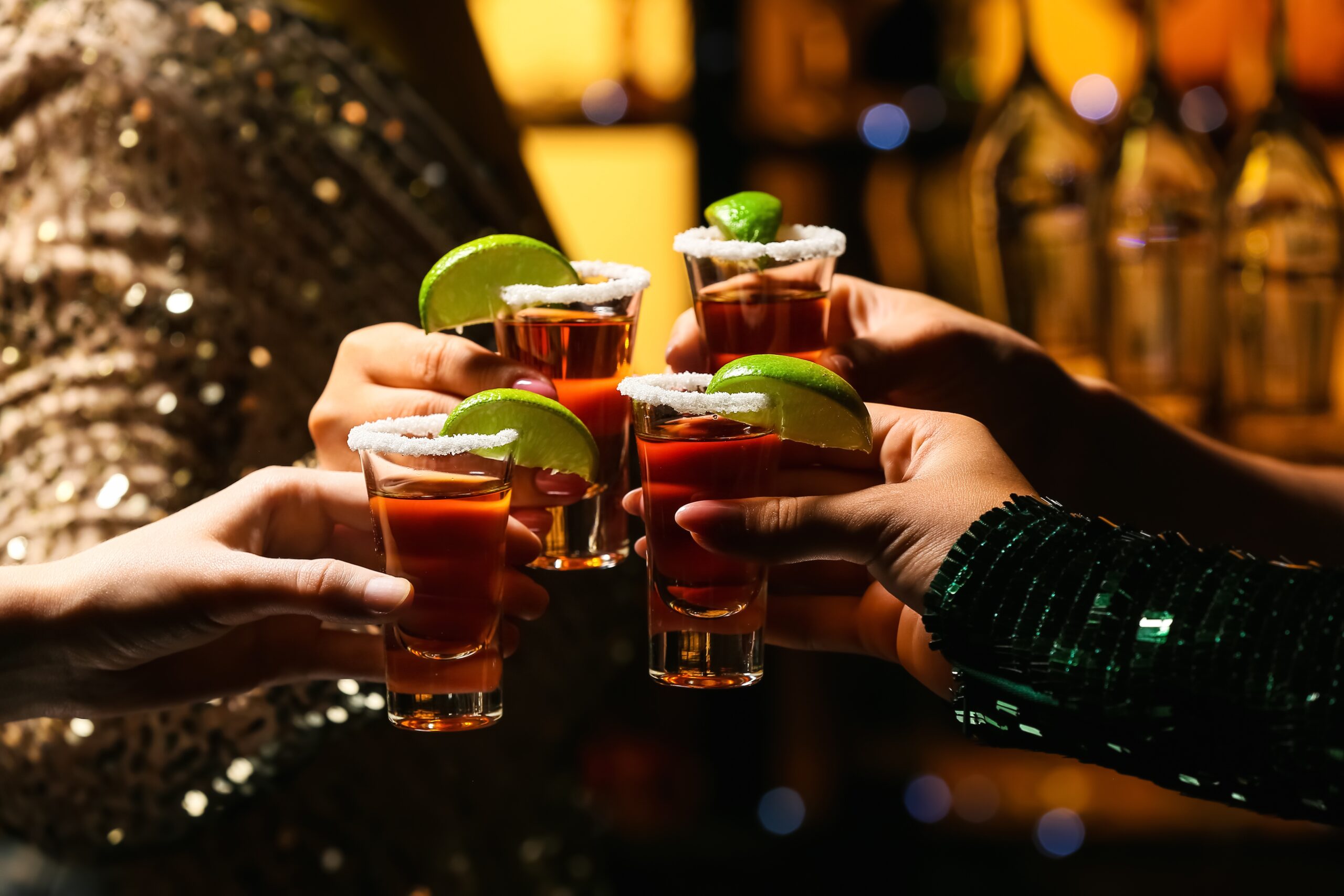
In conclusion, the notion that Tequila is an upper is a myth that has been debunked. Tequila, like any alcoholic beverage, affects individuals differently based on various factors such as body chemistry and tolerance levels. While some may experience temporary feelings of euphoria and energy after consuming Tequila, it is not due to any inherent stimulating properties of the spirit itself. It is crucial to consume Tequila responsibly and in moderation to appreciate its unique flavors and characteristics without the misconception of it being an upper. Remember, enjoying Tequila should always be done responsibly.
Summary Of Tequila Myths Debunked
Throughout this article, we have debunked several myths surrounding Tequila. Despite common misconceptions, Tequila is not an upper or a stimulant. It is an alcoholic beverage that affects individuals differently based on factors such as body chemistry and tolerance levels. Scientific evidence has disproven the belief that Tequila has inherent stimulating properties. It is crucial to consume Tequila responsibly and in moderation. Remember to enjoy Tequila for its unique flavors and characteristics, without the misconception that it can provide a natural high or boost of energy.
Recommendations For Responsible Tequila Enjoyment
To responsibly enjoy tequila, it is important to follow these recommendations. First and foremost, consume tequila in moderation and be aware of your limits. Pace yourself and avoid excessive drinking. Additionally, drinking water in between tequila servings can help prevent dehydration and minimize the negative effects of alcohol. It is also advisable to eat before or while drinking tequila to slow down alcohol absorption. Lastly, never drink and drive. Always designate a sober driver or use alternative transportation. Remember, responsible tequila enjoyment ensures a safe and enjoyable experience for everyone involved.
FAQ About “is Tequila An Upper: Debunking Alcohol Myths”
Q: Is it true that Tequila is an upper?
A: No, Tequila is not an upper; it is a depressant. Alcohol, including Tequila, slows down the central nervous system, leading to a feeling of relaxation and sedation.
Q: Can Tequila make you more energetic or active?
A: While some people may feel a temporary boost in energy or confidence after consuming Tequila due to its effects on inhibitions, it does not actually provide energy. The perceived increase in energy is often a result of lowered inhibitions rather than a stimulant effect.
Q: Does Tequila have different effects on people compared to other types of alcohol?
A: Tequila has similar effects to other types of alcohol in terms of its depressant properties. The differences in how people react to different types of alcohol are more related to individual differences, alcohol tolerance, and the overall amount consumed.
Q: Is Tequila healthier or less harmful than other types of alcohol?
A: While some studies suggest that moderate Tequila consumption may have certain health benefits, it is important to remember that alcohol, including Tequila, can have negative health effects when consumed in excess. Moderation is key to responsible alcohol consumption.
Q: Can drinking Tequila improve your mood or help with anxiety?
A: While some people may initially feel a sense of euphoria or relaxation after consuming Tequila, relying on alcohol to improve mood or manage anxiety is not a healthy or sustainable coping mechanism. It is essential to address underlying issues and seek appropriate support if needed.

Let’s be honest—Parma, OH has its fair share of neighborhood joints, as do the surrounding Cleveland suburbs. There are bar food offerings, happy hour, and an enjoyable environment in which to watch the Tribe and Browns.
With Sidekicks Tavern, though, you get all that and then some. You get a bar menu, a warm staff, and a great group of fun customers to hang with.
In the words of one of our favorite regulars, Sidekicks is a hidden gem.